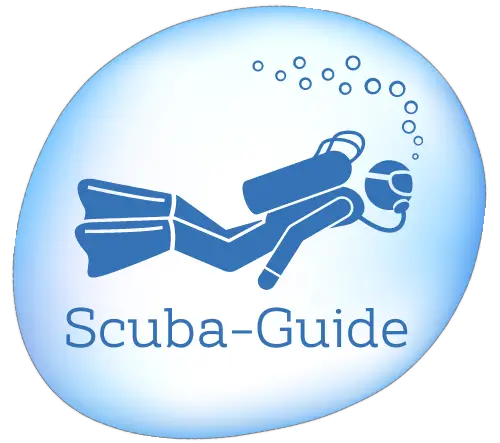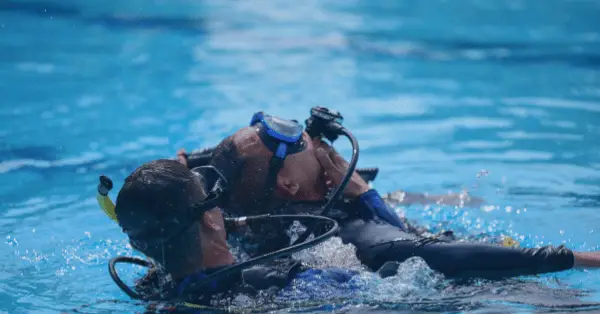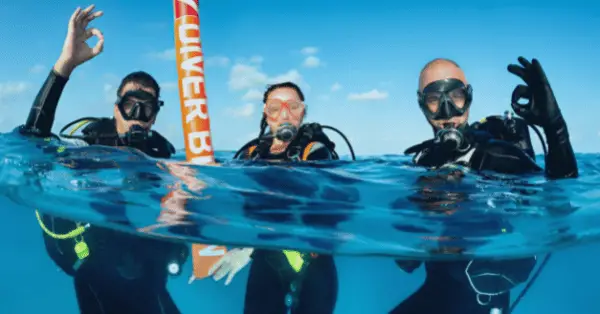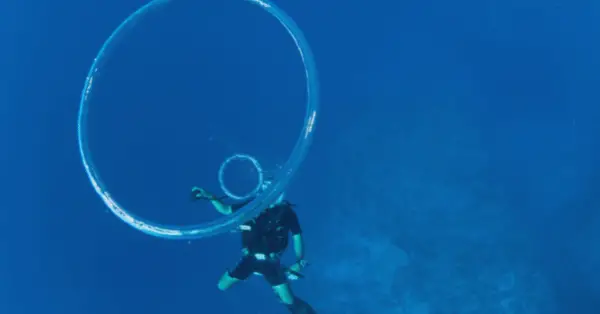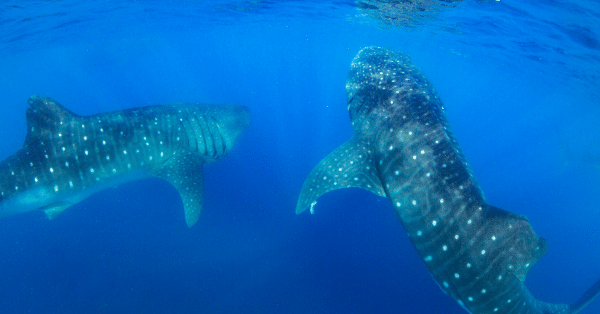Everything You Need to Know About Commercial Scuba Diving
What is commercial scuba diving?
Commercial diving is a specialized field of scuba diving that involves working underwater in commercial industries. This can include anything from construction and demolition to marine biology and salvage operations. Commercial divers may work in a variety of environments, including open water, rivers, lakes, and even underwater caves. To become a commercial diver, you must first obtain your commercial scuba diving certification.
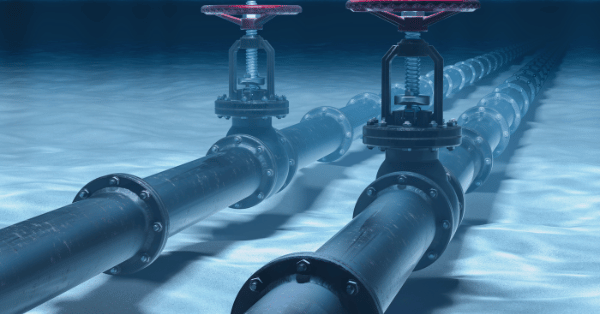
What is the difference between recreational and commercial diving?
The main difference between recreational and commercial diving is the level of training. Recreational divers are certified to explore depths up to 130 feet, while commercial divers can go much deeper and work in more hazardous conditions. Commercial divers must also be knowledgeable about safety procedures, use specialized equipment, and adhere to strict regulations.
What type of training is required to become a commercial diver?
To become a professional commercial diver, you must complete both a basic and an advanced diving course. The basic course will cover topics such as dive safety, decompression theory, equipment maintenance, and underwater search techniques. The advanced course covers more specialized skills such as mixed-gas diving, closed-circuit rebreather diving, and underwater construction. After completing both courses, you will be able to apply for a commercial diver’s license.
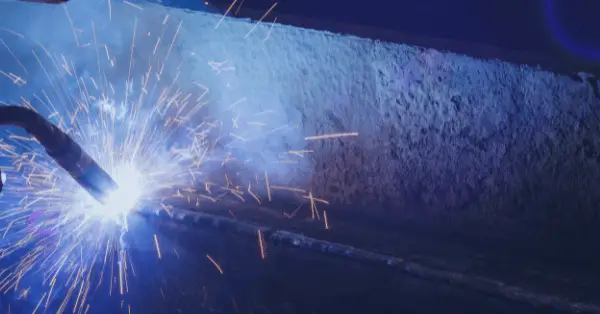
What type of jobs can commercial divers do?
Commercial divers have a variety of job opportunities available to them. Some popular options include working on oil rigs, inspecting or repairing pipelines, constructing underwater structures, and salvaging sunken vessels. Other, more specialized jobs include working as a marine biologist or an archaeological diver.
Professional rescue divers
Rescue divers are specially trained to respond quickly and competently in life-threatening situations, such as underwater emergencies or shipwreck rescues. They have the expertise to perform complex underwater search-and-rescue operations. Professional rescue divers must complete advanced training courses that teach them how to manage rescue scenarios, assess underwater hazards, and safely operate specialized equipment.
The media covered the Thailand cave rescue of a teenage football team extensively. The rescue was conducted by professional rescue divers.
Rescue divers must be in excellent physical condition and have a strong knowledge of diving safety protocols. They also need to be team players capable of working well with others in challenging circumstances.
Military and police diver
Military and police divers are specially trained to perform operations in hostile environments, such as shipwrecks or underwater crime scenes. Like rescue divers, they must be physically fit and highly knowledgeable about diving safety. However, they may also need advanced training in combat tactics, weapons handling, and counterterrorism procedures.
They might also be less hazardous by searching for evidence in waters near crime scenes.
Underwater photographers and marine biologists
Underwater photographers and marine biologists are two of the most popular non-commercial diving jobs. Marine photographers capture images of marine life and aquatic landscapes, while marine biologists study the behavior and ecology of sea creatures. Both professions require a deep understanding of underwater ecosystems and an eye for detail to get the best shots or research results.
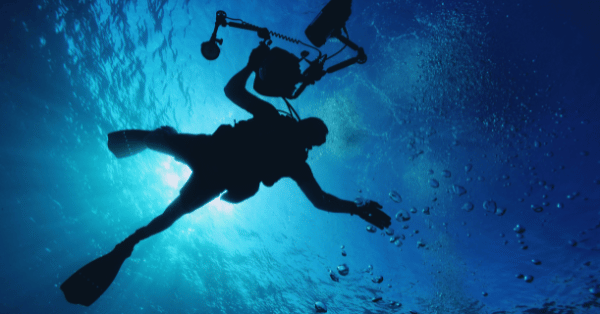
What is required for commercial scuba diving certification?
To become a certified commercial diver, you must complete an approved training program that teaches the necessary skills and knowledge to safely perform underwater duties in a professional setting. Training programs vary by state but typically include safety guidelines, dive theory, search-and-rescue techniques, and emergency procedures. You will also need to pass an open water dive exam and a written exam in order to obtain your commercial scuba diving certification.
What are the benefits of becoming a commercial diver?
As a certified commercial diver, you will have access to many lucrative job opportunities, such as working for offshore oil companies or performing underwater salvage operations. You can also use your skills for recreational activities like treasure hunting or scientific research. Additionally, being a commercial diver can provide an exciting and adventurous lifestyle that is perfect for those who love the thrill of exploration and discovery.
Commercial scuba diving can be an extremely rewarding career choice, with lots of potentials to earn good money and explore fascinating places beneath the waves. With proper training and certification, you can become part of this thrilling profession and enjoy its many benefits.
How much can a commercial diver make?
The salary of a commercial diver can vary greatly depending on the type of work being done and the region in which it is being performed. In general, however, most commercial divers earn anywhere from $50,000 to $100,000 per year. There are also opportunities for bonuses depending on the job at hand and any overtime hours worked.
